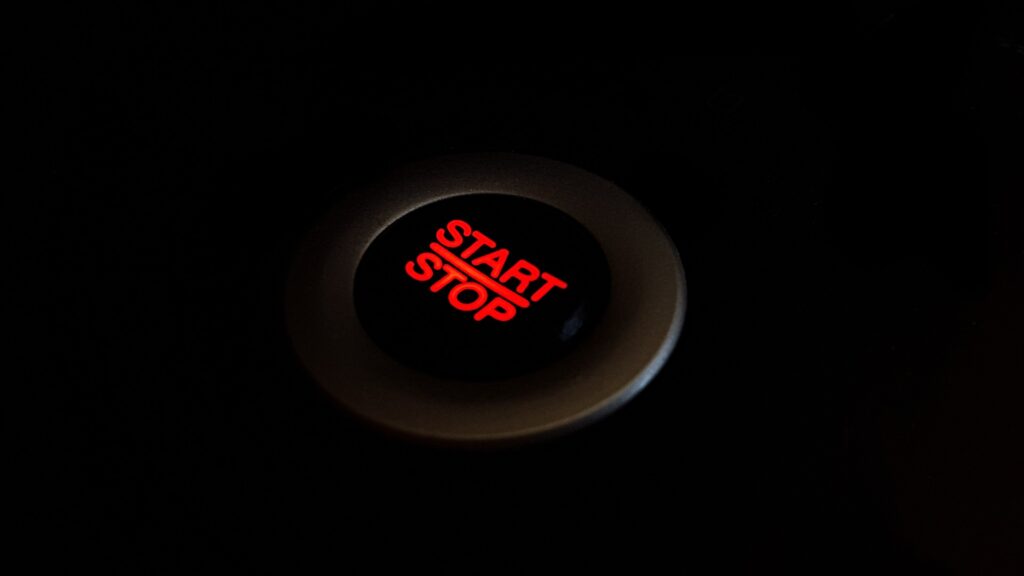Paul was lying in bed and feeling bored. He longed to feel well again. “Can’t someone do something to speed things up?” he asked. “It just takes time,” came the answer. “Although there is a computer game… unfortunately we don’t have it, but I’m sure you can imagine it… it works like this; your body’s police force is on patrol, searching for criminals in the blood vessels and throughout the entire body. The police officers look like large spheres, with eyes and sharp teeth. The criminals are little spheres which try to hide. When a police officer has eaten five of the little spheres, he has enough health points to split into two police officers. Then they hunt as a team of two, and soon as a team of four, eight and so on. The game can be played at different speeds, and of course the aim is to make the police officers as fast as possible while still catching all the criminals without whizzing past any by mistake. If you’re successful, you can set it to go even faster. The game has ten different skill levels, and you should make sure that you start on a level where you have a good chance of winning. The final thing which is important to know is that the game has a sophisticated graphical design which means that you can choose how it looks. The police officers can whizz through the body’s blood vessels – both the small ones and the large ones – or through a kind of sewerage system which looks like a large and complicated system of water slides. They can roll like marbles along a marble run with lifts and moving staircases, or they can travel at supersonic speed in spaceships zooming through the air in a huge intergalactic system of tunnels. Choose the version you’d like to play first, and press the start button – now!”

“The Recovery Game” demonstrates how the immune system can be strengthened through suggestion during a time of illness; it can also be used (in slightly modified form) to prevent illness. The story is one of a whole genre of therapeutic stories which involve inventing computer games or similar games of skill, and which can be designed to boost performance at school, to increase self-confidence or for many other purposes. They are ideal for use with children and young people in the context of joint storytelling.
(From: Stefan Hammel: Handbook of Therapeutic Storytelling. Sories and Metaphors in Psychotherapy, Child and Family Therapy, Medical Treatment, Coaching and Supervision, Routledge 2019)
